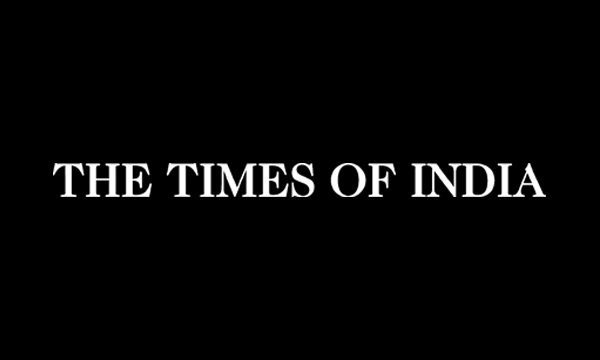WASHINGTON _ For a minute, Beto O'Rourke looked like a politician who could win by losing.
In the weeks after his defeat in last year's Texas Senate race, "Draft Beto" presidential efforts took shape. Early-state Democratic activists pined for visits from the outgoing congressman, whose statewide campaign had electrified liberals across the country. And the comparisons to President Barack Obama spread, as the ex-president himself mentioned O'Rourke approvingly.
But now, as the contours of the Democratic presidential field emerge and O'Rourke faces growing scrutiny, some Democrats say the early excitement is dissipating. Should O'Rourke run for president in 2020 _ he told television star Oprah Winfrey on Tuesday he's "been thinking" about it and would make a decision by the end of the month _ he will face a vastly different environment, not only compared to Obama's 2008 presidential campaign, but also compared to his own Senate race.
"He's kind of a house of cards," said Jess Morales Rocketto, a Democratic operative who worked on Hillary Clinton's 2016 presidential campaign. "When you're running against Ted Cruz for Senate, it's really easy to come out the victor in public opinion."
In a contest for his party's nomination, O'Rourke would confront not Cruz _ a hero to conservatives, an archvillain to Democrats _ but a growing list of credentialed Democratic candidates. Many of O'Rourke's potential rivals have more experience (Joe Biden), stronger connections to the Democratic Party's diverse base (Kamala Harris, Cory Booker), and tighter bonds with the party's increasingly vocal liberal wing (Elizabeth Warren, Bernie Sanders) than he does. And many have been organizing in the early states for weeks if not months.
Whether O'Rourke _ who as a Senate candidate eschewed a pollster, and for the most part, negative campaigning _ could compete with those contenders without losing the energy and authenticity that powered his Senate bid is his central challenge if he runs for president, according to more than a dozen Democratic operatives, activists and strategists from early-voting presidential primary states and Washington, D.C.
"Can what worked when people who had given him a strong look because it was Beto versus Ted Cruz, can that same strategy that was in play there work when it's Beto versus a field of 20 Democrats, who share similar views and include a number of people who are very charismatic?" said former South Carolina Gov. Jim Hodges. "That's his challenge."







